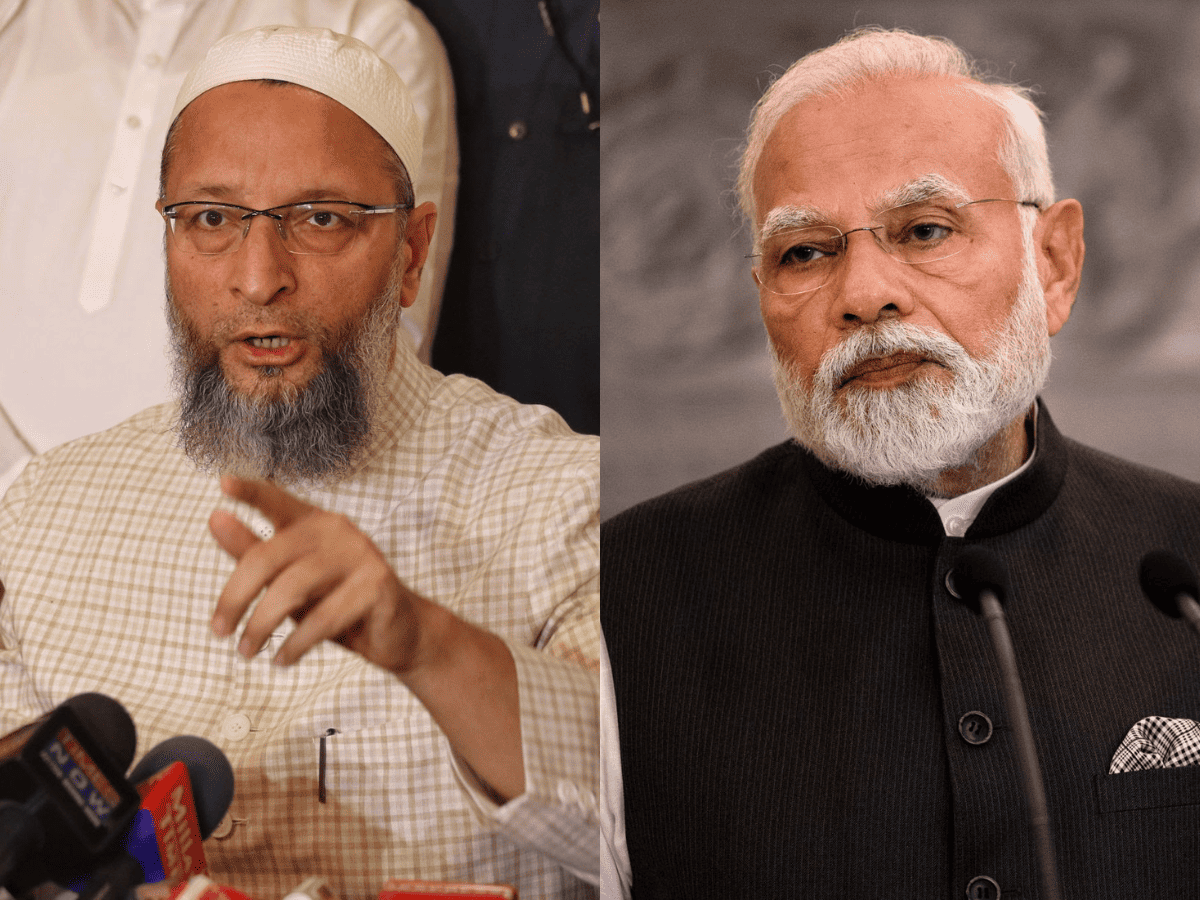
Hyderabad: Taking a dig at the Centre after it notified the implementation of the contentious Citizenship Amendment Act (CAA), All India Majlis-e-Ittehadul Muslimeen (AIMIM) chief Asaduddin Owaisi said that the CAA notification was strategically announced ahead of the Lok Sabha elections. He added that CAA was divisive & based on Godse’s vision that wanted to reduce Muslims to second-class citizens.
Taking to micro-blogging site X, on Monday, March 11, Owaisi pointed out how the CAA notification was strategically placed with the upcoming Lok Sabha election in mind.
“Aap chronology samajhiye (Understand the chronology)”, he wrote adding, “pehle election season aayega phir CAA rules aayenge (first the election season will come, next will be the CAA rules).”
‘Aap chronology samajhiye‘ was an earlier remark made by Union Home Minister Amit Shah when he first presented the bill in the Lok Sabha in 2019.
Stating that CAA was used to polarise the country, Owaisi said that granting citizenship based on religion is unacceptable.
“Our objections to CAA remain the same. CAA is divisive & based on Godse’s thought that wanted to reduce Muslims to second-class citizens. Give asylum to anyone who is persecuted but citizenship must not be based on religion or nationality. The govt should explain why it kept these rules pending for five years & why it’s implementing it now. Along with NPR-NRC, CAA is meant to only target Muslims, it serves no other purpose. Indians who came out on the streets to oppose CAA NPR NRC will have no choice but to oppose it again,” he wrote on X.
On earlier occasions, Owaisi had said that the CAA violates India’s Constitution and that his party would always oppose it. He had also alleged that the CAA was drafted on the basis of religion.
With the CAA rules being notified, the Modi government will now start granting Indian nationality to persecuted non-Muslim migrants — Hindus, Sikhs, Jains, Buddhists, Parsis and Christians — from three neighbouring countries Pakistan, Afghanistan and Bangladesh who came to India before December 31, 2014.
The CAA was passed in December 2019 and subsequently got the President’s assent but there were protests in several parts of the country against it. The law could not come into effect as rules had not been notified till now.
“These rules, called the Citizenship (Amendment) Rules, 2024, will enable the persons eligible under CAA-2019 to apply for the grant of Indian citizenship,” a home ministry spokesperson said.
The nine states where Indian citizenship by registration or naturalisation is given under the Citizenship Act, 1955 to non-Muslim minorities from the three neighbouring countries are Gujarat, Rajasthan, Chhattisgarh, Haryana, Punjab, Madhya Pradesh, Uttar Pradesh, Delhi and Maharashtra.



